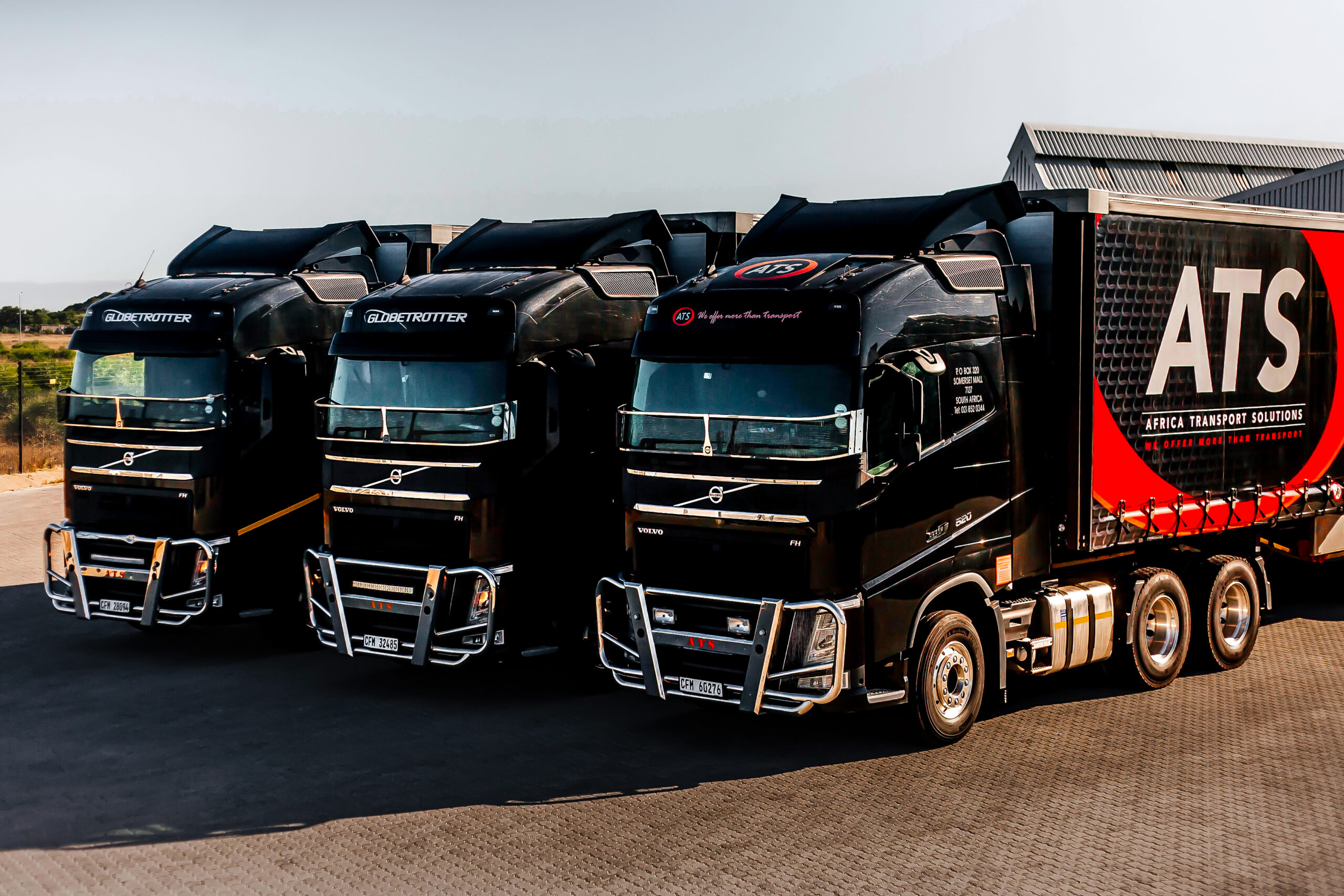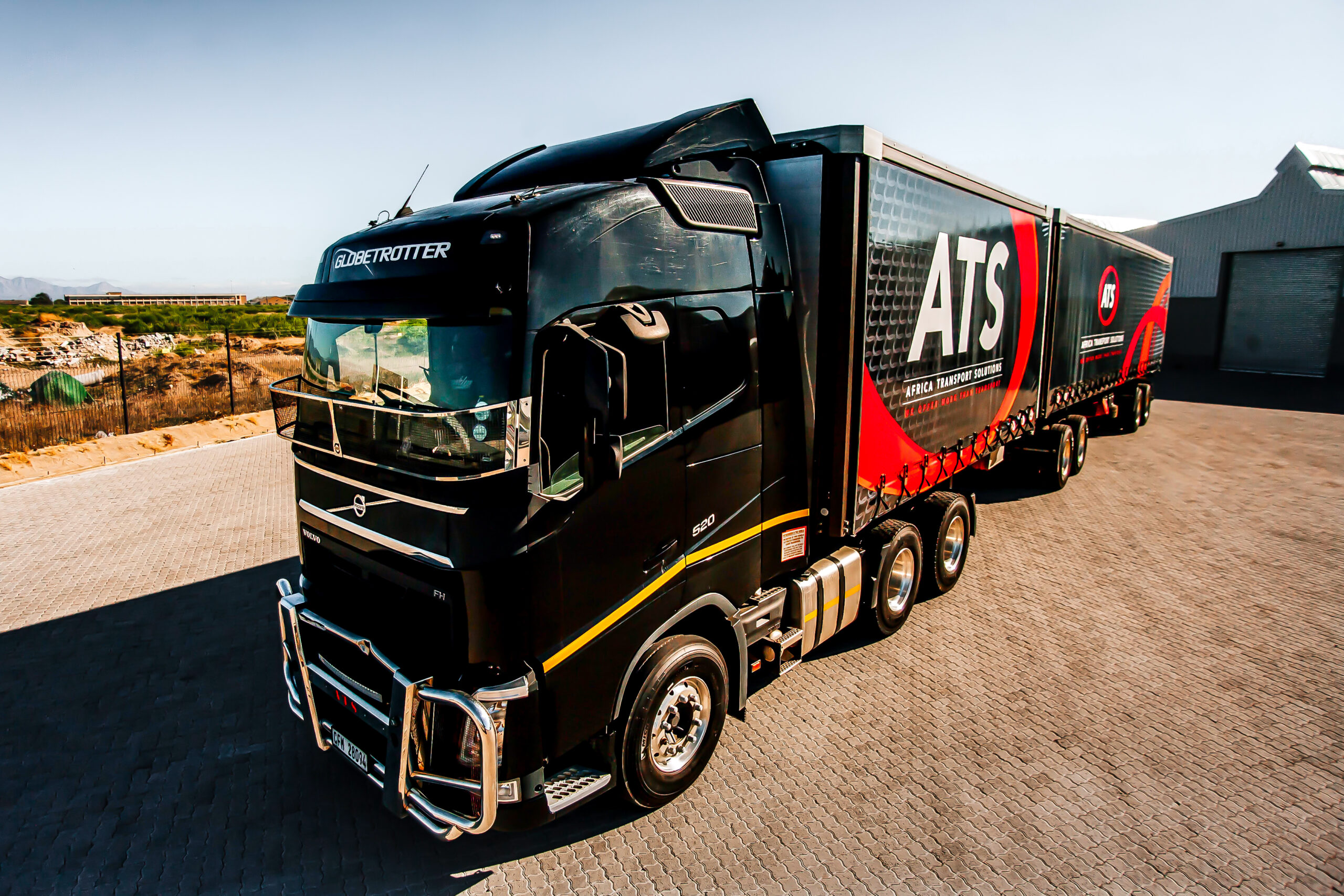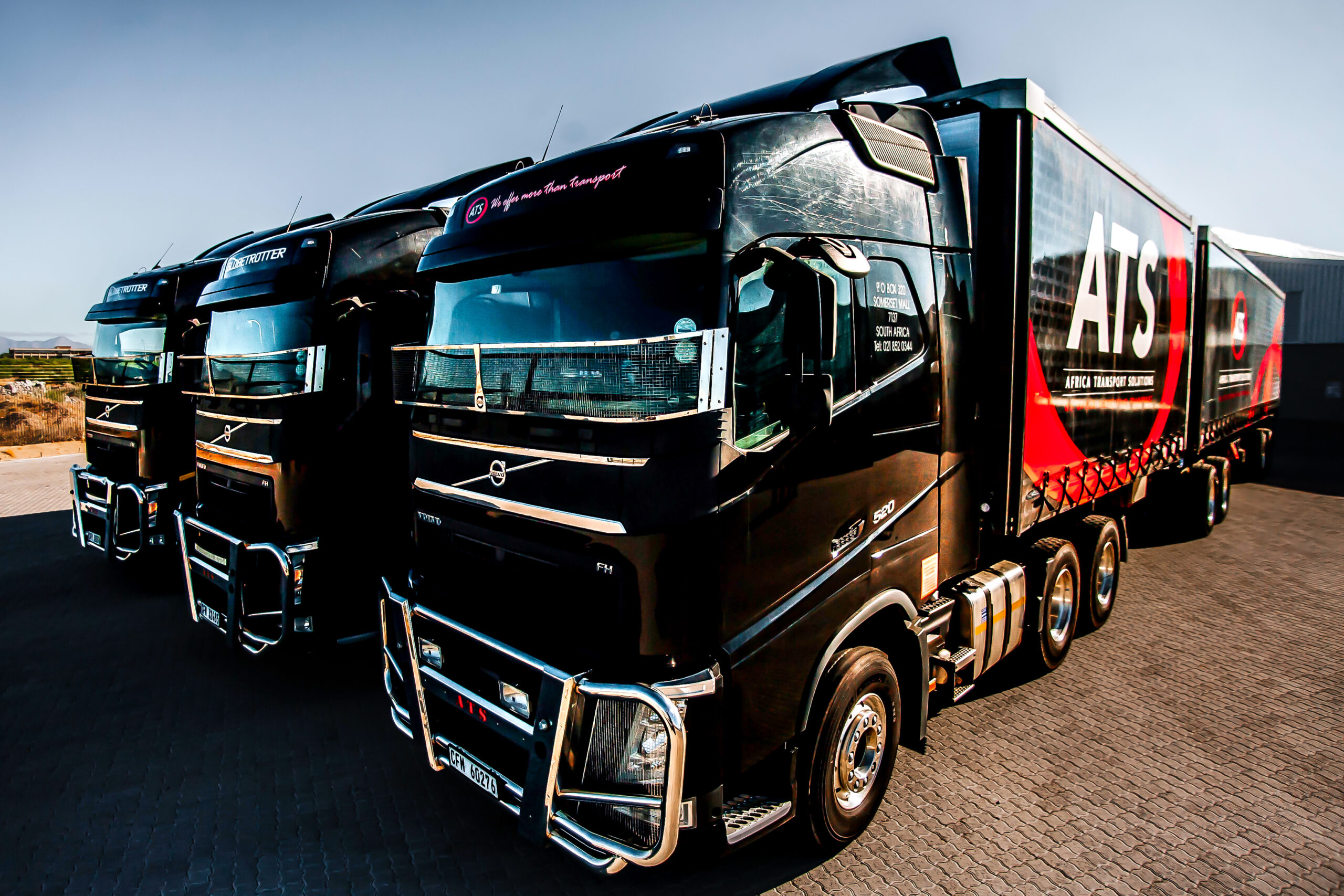With South Africa serving as a gateway to the Southern African region, efficient logistics is no longer optional—it’s a critical business enabler. Freight forwarding Southern Africa services are built to navigate regional trade corridors, streamline customs clearance, and maintain cross-border efficiency. As companies expand into Namibia, Botswana, Mozambique, and Zambia, their freight strategies must evolve. Reliable forwarding ensures that cargo flows seamlessly through borders, warehouses, and ports—meeting timelines, budgets, and compliance expectations.
Freight forwarders serve as strategic partners. They don’t just move goods—they plan entire journeys. From document prep to warehouse booking and delivery tracking, they manage every stage of the freight cycle. In Southern Africa, this includes port handling in Durban or Cape Town, coordination with SADC customs agencies, and oversight of bonded facilities. These services reduce the chances of detention, fines, or damaged goods while improving control and client trust.

A professional freight forwarder doesn’t offer one-size-fits-all solutions. Instead, they tailor their services to client needs, including full truckload shipping, containerized cargo, warehousing, customs brokerage, and last-mile delivery. Many also handle air and sea freight, offering multimodal support. These layers of service allow them to manage agricultural exports to Lusaka, heavy machinery imports from Europe, or e-commerce orders across provincial lines with equal precision.
In regions where trade laws are constantly evolving, forwarders must stay updated on regulations. They work directly with customs officers to submit pre-clearance documents, calculate duties, and resolve inspections. Their experience with tariff codes, restricted items, and declarations ensures that no shipment is held longer than necessary. For businesses that rely on just-in-time inventory or serve regional clients, this efficiency is essential.

One of the greatest advantages of modern freight forwarding is access to multimodal infrastructure. Forwarders integrate trucking, rail, and air freight to deliver faster and at better rates. A shipment may arrive in Durban by sea, move by truck to Johannesburg, then fly out to Lusaka or Windhoek. Forwarders plan these transitions carefully—reducing downtime, improving routing, and protecting freight along the way.
Cross-border shipping introduces risk. Theft, border delays, weather events, and road hazards all threaten cargo. That’s why forwarders offer insurance coverage, temperature monitoring, and GPS-based security. These features ensure that goods remain safe throughout their journey and allow clients to respond quickly if problems arise. Experienced forwarders also stage cargo through secure warehouses when routes are disrupted, ensuring delivery timelines are preserved.

As Southern African markets grow, businesses must reach further and deliver faster. Forwarders make this possible by giving clients access to infrastructure, intelligence, and strategic routing. Freight forwarding Southern Africa services enable companies to expand territory, serve clients in new provinces, and export confidently into neighboring countries. For companies aiming to scale, the right freight partner is not a vendor—they’re a growth enabler.